Rugby
Rob Vickerman on “Good Hands”
Key Takeaways
- Good Hands mean “safety”
- Good Hands “create freedom and opportunity”
- Good Hands are important at “every level of rugby"
If you follow international rugby, then you’ve likely heard of Rob Vickerman. The English rugby union player is also the former captain of the England Sevens team. Forced to retire early due to injury, Rob now is a coach, mentor, speaker and commentator – and he’s also DHL’s rugby ambassador. We stole a few minutes with him in the press room in Munich’s historic Olympic Stadium in between matches at the inaugural DHL Oktoberfest 7s.
1. What’s the first thing that comes to mind when you hear the words “Good Hands”?
The first thing I think of is safety. What I mean is absolutely trusting the person to take care of you – to input on the activity and to have a positive outcome. This can be in the context of sport, family, home, or even work. To be safe in their “good hands”. In the context of Rugby, I feel safe when I know the players next to me have good hands. Whether I pass or offload, they’re going to be there. They’re going to fight for the ball and hold on to it. Without that feeling of safety, you play with uncertainty, which affects every aspect of the game.
I feel safe when I know the players next to me have good hands.
Rob Vickerman
2. Which 7s players come to mind?
Right away I think of the core play makers that are on the World Sevens Series – England’s Tom Mitchell or France’s Terry Bouhraoua, for example. Not just because they’re play makers, but because they’re the leaders, the captains, the people who take the team forward. From a playing perspective, they have incredible skill sets – they’re good with their hands – but there’s also a leadership element. They know what’s good for the team, they direct the team. And they create opportunities for everyone rather than just themselves. They not only have good hands – with them, the team is also in good hands.
3. How important are good hands to the game of Rugby?
The concept of “good hands” is in every single level of rugby. When you get under 5s playing rugby for the first time, the first thing you work on with them is their handling. You want them to develop good hands. Yet at the same time, at the very top of the sport, the world’s best 7s players pride themselves on having the best basics possible – their foundations are their hands. They need to have good hands. Good hands create freedom, opportunity and a platform on which the team can perform.
4. Talk about your position as center: how important were good hands there?
My whole drive as a center was to create opportunities for players outside of me, so I was a facilitator in the center of the pitch. It was up to me to contribute with the ball – to pass it on to someone else. For me, good hands are soft hands, linking hands.
This also makes me think about the small nuances of the game, whereby I could make a massive impact with a small input. It’s quite a powerful thing to know that you are ranked and graded by the opportunities you create for people outside of you. Rugby is personified by small group of people contributing for a wider team, for a bigger picture. Having good hands to make that contribution as a center was pivotal.
The world’s best 7s players pride themselves on having the best basics possible – their foundations are their hands.
Rob Vickerman
5. Can you remember a special moment in your career when good hands made the difference?
Wow, you ask me that question and it’s like a highlight reel flashes before my eyes. I see three or four different things – each one of them contributing to a different image of what good hands in rugby means to me. Like the leader – the captain – deciding to kick for a corner in the World Cup final. That was our decision. And we did that. But you have to know you are in good hands to make that decision. At the same time, I think about a restart: about Isoa Damudamu – one of the best Fijian players I’ve ever played with, thankfully he played for England. He reached up for the kick off and he could catch the ball with one hand – he was known for his good hands. Then I think of the quick interplay passes where you give the opportunity to the winger outside, you’re the first person to do it, and you have to provide the opportunity by having good hands.
But if you want me to name one moment, then it would be Wellington 2009. We played New Zealand in the final. They were the red-hot favorites. They destroyed everyone the whole tournament. There were 23,000 people in the stadium. Not one person wanted England to win. We were written off. We had no chance, no hope. We went 17-nil down. At halftime, we had a rallying call, saying come on guys, we know we can do this, we know we can make an impact. We can really make sure that we get the next action and we can score. We ended up scoring. We scored again. It got to the last play of the game – and again that man Damudamu ran around the outside and scored the try – I’m amazed by it to this day when I watch the clip. But the most important point, when it was 17 all. Our kicker was Ben Gollings. He is the most prolific scorer in rugby 7s history, so we knew we were in good hands. Granted DamuDamu’s try was near the posts, so it made the conversion easier. But he kicked the goal to win the game. It was the first time England had ever beat New Zealand. That for me personifies being in good hands. Everything was on the line. But the safety of being able to contribute in their skillset – that is just one part of the bigger game that is so important.
Can you remember a special rugby moment when good hands made the difference? Share it with @DHLRugby by using #GoodHands.

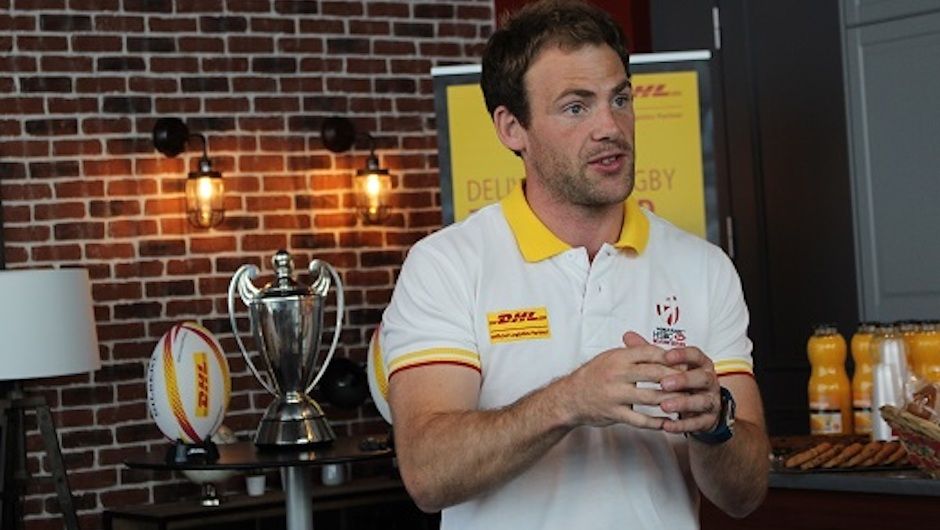
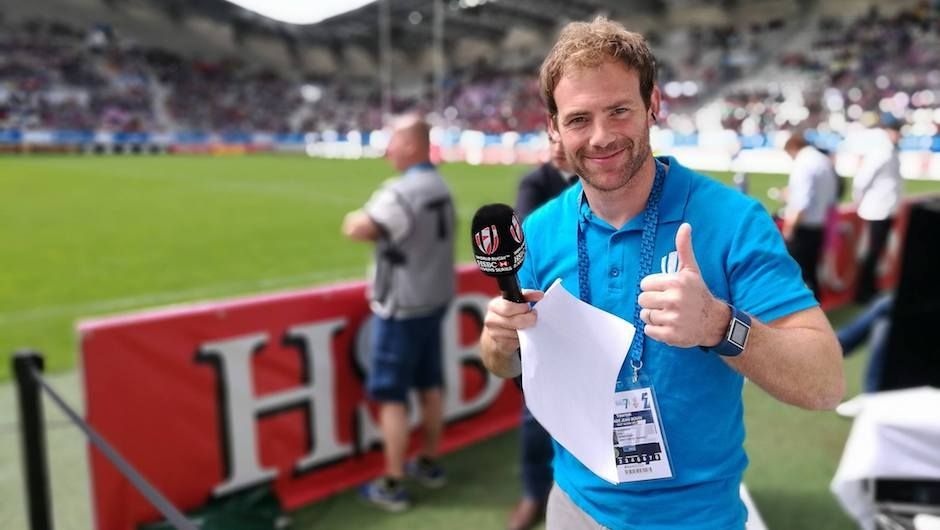
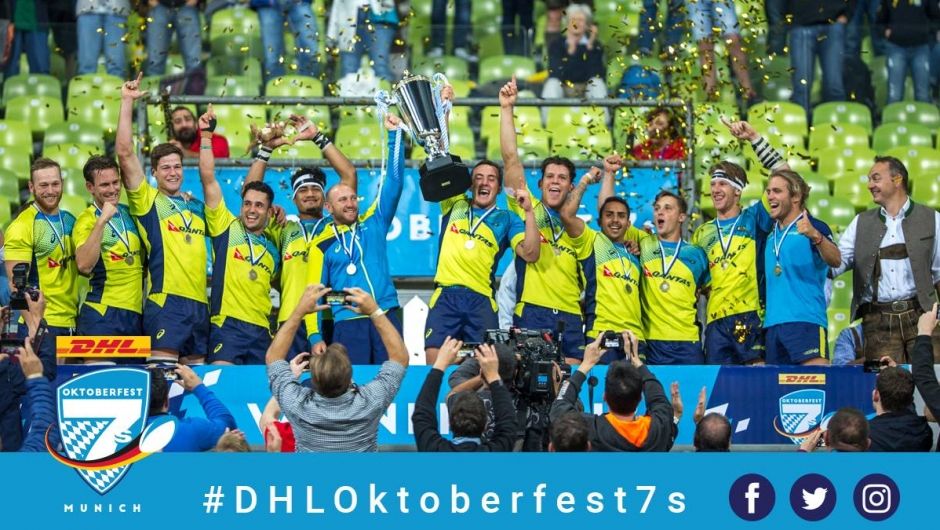
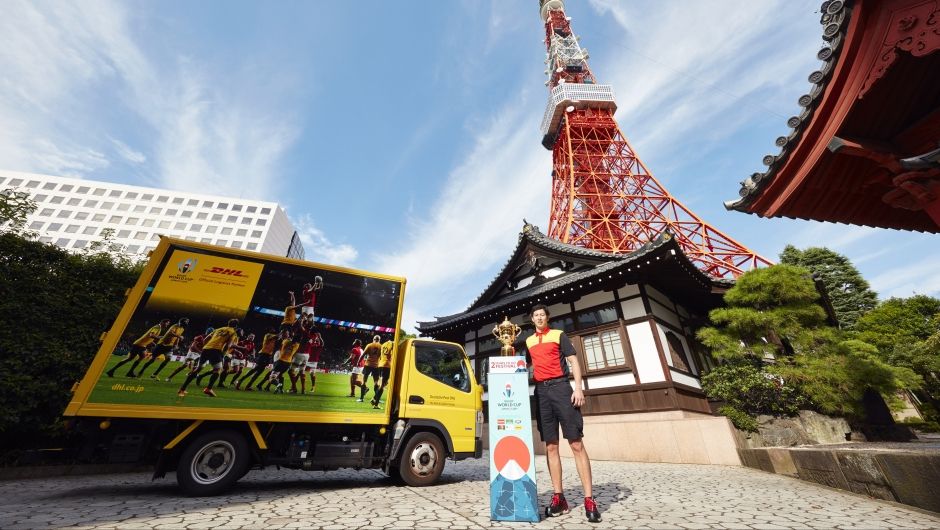
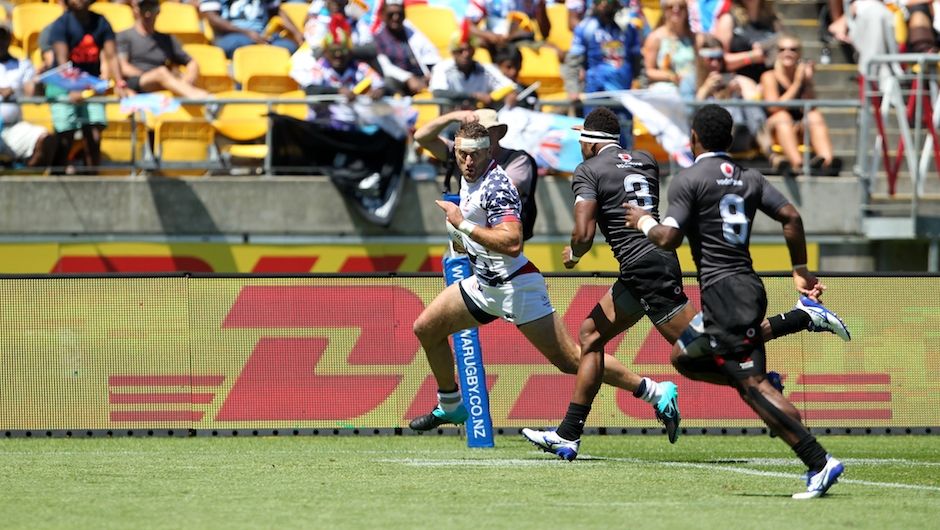
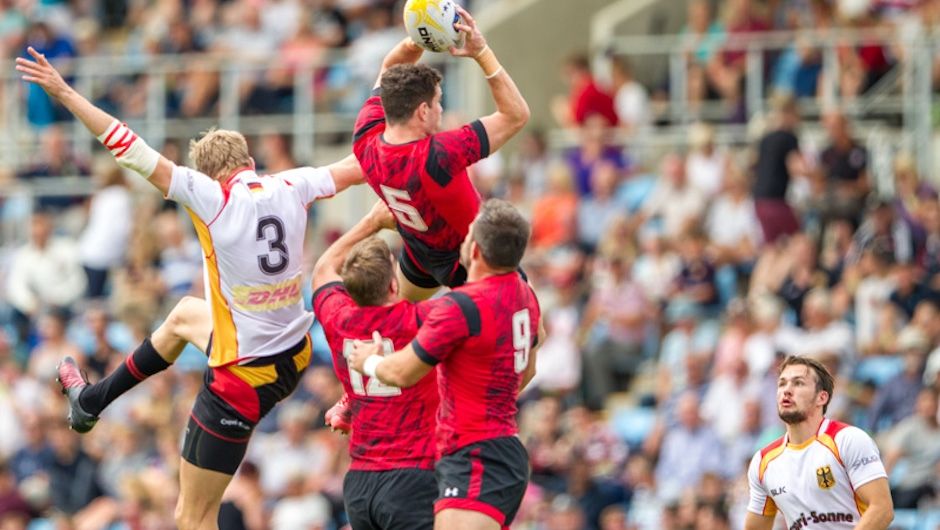

Content from disqus has been blocked because you did not allow to load it.
Loading the blocked content will adjust your privacy setting and content from this service will not be blocked in the future.
You have the right to revoke or change your decision at any time.
Posting Guidelines
All communications on Logistics of Things should be appropriate for a professional community, respecting the diverse views of individuals from different backgrounds. We will review all comments and reserve the right to terminate or restrict access to user's account and to delete any content posted through it, without notice and at our discretion, if we deem it to be overly promotional, offensive, or off topic.
All posting become property of DHL.